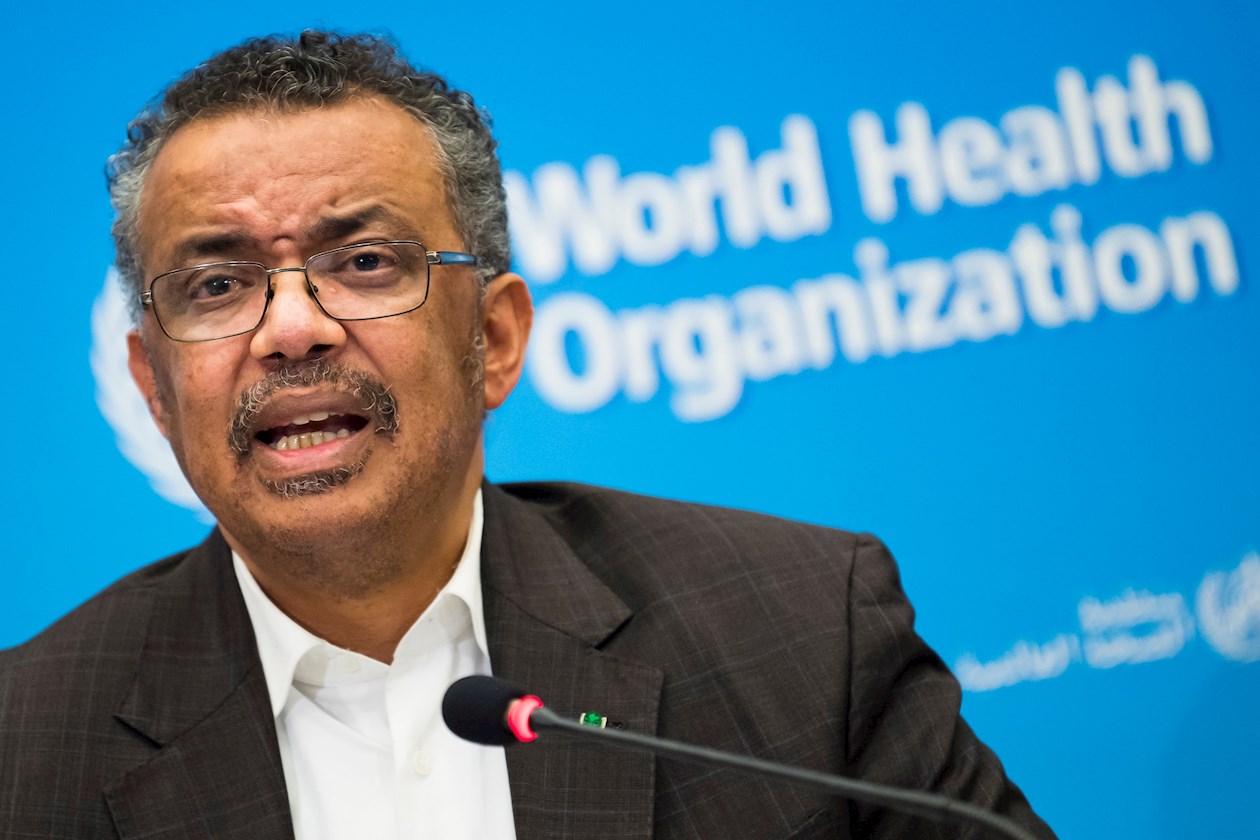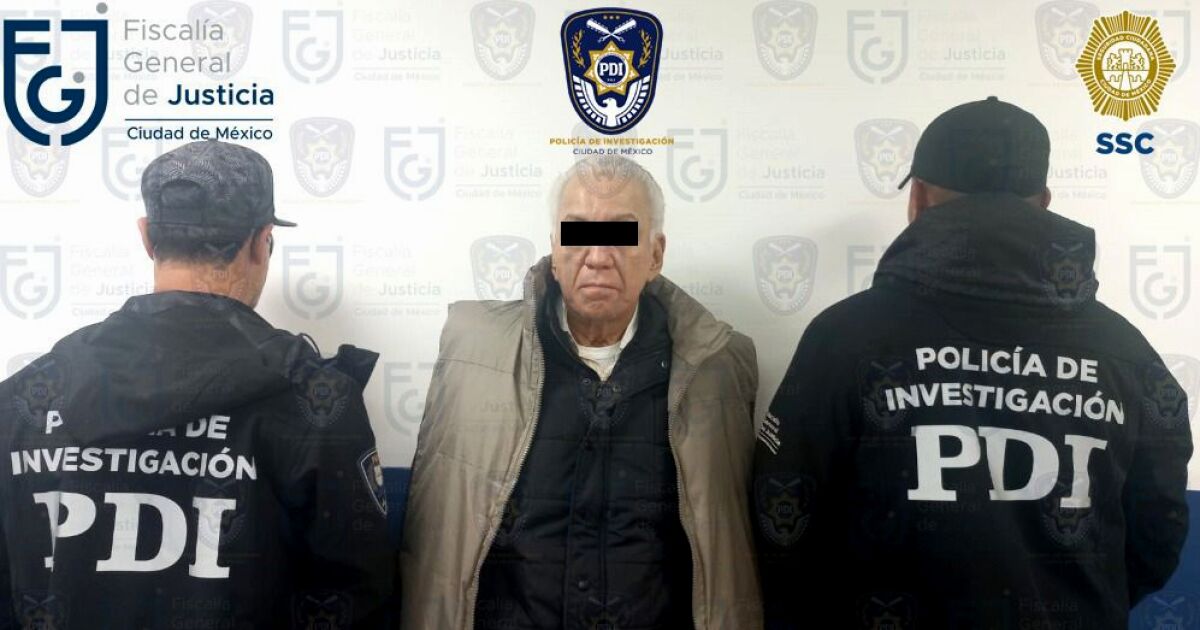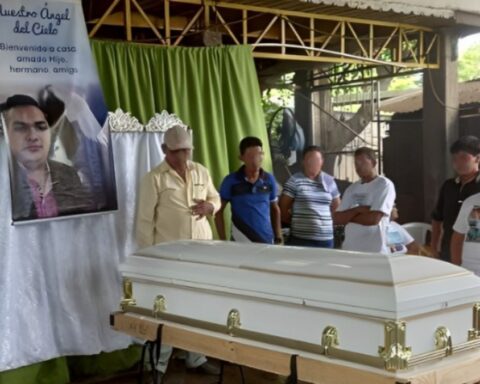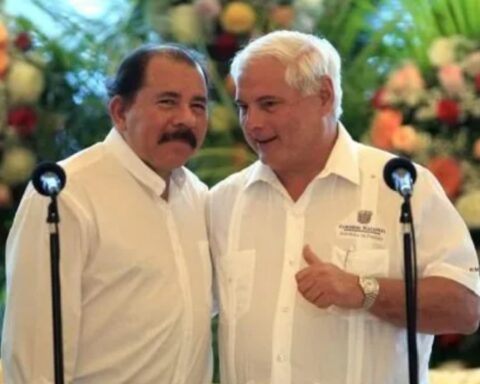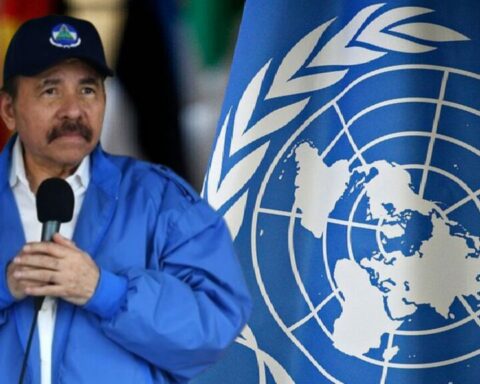The World Health Organization (WHO) is concerned about the rapid spread of monkeypox in non-endemic countries. In the last two months this disease has already affected more than 4,500 people from 50 countries on all continents. However, the outbreak cannot yet be considered an international public health emergency.
“This is clearly a health threat (…) that requires our collective attention and coordinated action to stop the further spread of the monkeypox virus, using public health measures that include: surveillance, contact tracing, isolation and care of patients, and ensuring that health tools such as vaccines and treatments are available to populations at risk and shared fairly,” said the director general of this organization, Tedros Adhanom Gebreyesus.
The decision not to declare monkeypox an international health emergency was suggested to the WHO by the International Health Regulations (2005) Emergency Committee, which met last week to discuss the outbreak. Members concluded that for years monkeypox has been neglected and poorly controlled in African countries, where it is endemic, leading to “knowledge gaps and areas of uncertainty.”
These include: “the modes of transmission, the full spectrum of clinical presentation, the infectious period, the reservoir species and the potential for reverse zoonosis, as well as access to vaccines and antivirals and their efficacy in humans”, which are essential for conduct a more comprehensive public health risk assessment.
Of the 14 members that are part of the Committee, three considered that the transmission of the virus already meets the conditions to declare an international health emergency, but the rest did not agree.
PAHO trains laboratory technicians in the region
On June 21 and 22, 2022, the Institute of Epidemiological Diagnosis and Reference (InDRE) of the General Directorate of Epidemiology, the Mexican Ministry of Health and PAHO carried out a training workshop to improve virus detection with laboratory personnel from the seven countries of Central America, Cuba and the Dominican Republic.
“In the workshop, participants received practical training in molecular detection (real-time PCR) of the virus that causes monkeypox and will review detection and diagnosis protocols in the context of preparedness and response to possible outbreaks,” details the PAHO.
PAHO highlights that timely detection of the virus is crucial to prevent its spread, interrupt transmission chains, and stop a possible outbreak. It also explains that the test to confirm or rule out monkeypox is done only in people who have skin lesions, which are characteristic of this disease, and the results can take one to three days from the time the sample is taken. arrives at the lab.
This Wednesday, the WHO said it feared that this virus could spread in high-risk groups such as children, pregnant women or immunosuppressed people. These were the populations most affected by the covid-19 pandemic.
Smallpox predominates in Europe, while expanding in America
The largest number of monkeypox cases are occurring in Europe. The European Center for Disease Prevention and Control (ECDC) reported on Tuesday that they had already confirmed 4,178 cases. Most of these occurred in men between the ages of 31 and 40. The European countries with the most infections are the United Kingdom, Spain, Portugal, Belgium, France, Italy, Sweden, Germany, Switzerland, Austria, Norway and Denmark.
America has also seen an increase in cases. There are already cases in Argentina, Brazil, Canada, the United States, Chile, Venezuela, Mexico, Peru, and Puerto Rico. Most infections are being reported in North America. However, in South America, Chile has already decreed a health alert due to the confirmation of six cases. In Central America there are still no confirmed cases, on June 3, Costa Rica reported that they had identified a suspected case, but so far they have not confirmed it.
The United States Centers for Disease Control and Prevention (CDC) announced that in the coming weeks they will deliver 240,000 doses of the vaccine Jynneos, specific against monkeypox, to the different states of the country to apply to all people who suspect they have had contact with an infected person. For now, the Health agency still do not recommend mass vaccination against monkeypox.

